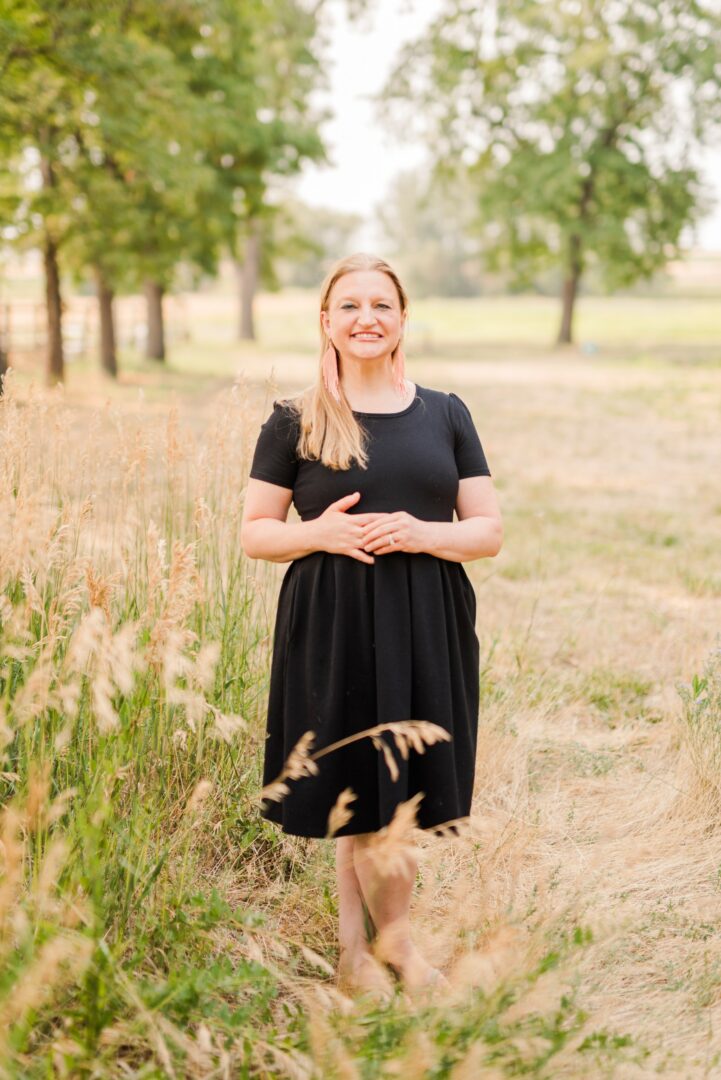Dr. Rosia Parrish shared their story and experiences with us recently and you can find our conversation below.
Hi Dr. Rosia, thank you for taking the time to reflect back on your journey with us. I think our readers are in for a real treat. There is so much we can all learn from each other and so thank you again for opening up with us. Let’s get into it: What makes you lose track of time—and find yourself again?
In practice, as a naturopathic doctor, I often lose track of time in the sacred space of patient care. Sitting with someone as they unravel their story, asking questions that reach beneath symptoms, and piecing together the root causes of infertility or illness feels like stepping into another world. Hours slip by because I’m fully present, guided by curiosity and compassion. I truly love being of service in this way, holding space for someone else’s healing while remembering my own. In those moments, I’m not just helping someone’s health; I’m reminded of my calling and what makes me feel whole.
At home, losing track of time looks a lot different. It might be crocheting in the quiet or finger knitting with my daughter as our hands move in rhythm together. It’s watching my kids chase a soccer ball across the field, their determination fierce and joyful. It’s getting swept up in their hip hop routines or gymnastics flips, where their bodies become pure expression. And sometimes, it’s watching them invent silly cat toys and run around the house with our kittens, turning the living room into a circus. Our home is rarely quiet, so often I lose track of time right there in the middle of the chaos.
There’s also the simple magic of playing in creeks with shoes tossed aside, picking apples until our baskets are too heavy, or lying back in the grass while we trace animal shapes in clouds. These are the moments when the world slows down and opens up. When I forget the to-do list, I rediscover wonder.
My own health journey could have broken me wide open. Instead, I’ve found that healing comes just as much from these timeless spaces as from medicine. When I lose myself in a good book, in rows of crochet stitches, or in the sound of rushing water as my kids splash in a stream, I feel my nervous system settle. When I sit outside and watch clouds drift, I remember that healing is not linear; it moves like nature itself.
Joy finds its way in through the smallest openings: the warmth of a cup of tea in the morning, the steady rhythm of breath in pilates (lately Mecha and Rocky Mountain Pilates are my go-tos), the sound of my kids’ laughter echoing from the backyard. These little rituals and play-filled moments pull me out of clock time and into soul time. They remind me that even in difficulty, joy is not only possible, it’s essential.
To lose track of time is not about escaping life. It is about dropping so deeply into it that time doesn’t matter. Whether in service, in love, in healing, or in joy, those timeless spaces are where I remember who I am. My journey keeps teaching me that when time falls away, what’s left is the pulse of life itself. And in that pulse, I always find myself again.
Can you briefly introduce yourself and share what makes you or your brand unique?
I’m Dr. Rosia Parrish, a naturopathic doctor and the founder of Naturopathic Wellness Center of Boulder, a fully virtual clinic dedicated to women’s health. My work centers on supporting individuals and couples through the full spectrum of reproductive health—from complex infertility challenges including unexplained infertility and failed IVF, to pregnancy, postpartum recovery, and beyond.
What makes my practice unique is that I don’t just focus on symptoms or quick fixes. I look for the root causes that may be hidden in hormone imbalances, immune dysregulation, nutrient deficiencies, chronic stress, or unresolved trauma. My own personal health journey with infertility, autoimmune conditions, and breast cancer has given me not only the tools but also the compassion to sit with people in the hardest moments of their lives.
In my clinic, I bring together functional lab testing, naturopathic therapies, nutrition, lifestyle support, and mind-body practices to create individualized care. I also believe in meeting people where they are—whether they’re preparing for pregnancy, navigating fertility treatments, recovering from miscarriage, or healing in the postpartum season while adjusting to the realities of motherhood.
Right now, I’m expanding resources for women who want to preserve and protect their fertility while also offering deeper support for the postpartum transition, which is often overlooked in healthcare. My goal is to help women feel seen, cared for, and empowered at every stage of their reproductive journey.
Great, so let’s dive into your journey a bit more. Who were you before the world told you who you had to be?
Before the world told me who I had to be, I was curious, sensitive, and playful. I was a child who loved stories, who noticed small details in nature, and who found joy in movement and creativity. Over time, I learned to be tougher, quieter, and more “practical,” but that original part of me never disappeared, it just waited for me to return.
Lately, I’ve been finding my way back to her. I’ve returned to growing herbs and sitting in sober plant ceremonies that connect me to nature and remind me of the healing power of plants. I’ve been leaning into play with my kids and flying kites, splashing in creeks, picking apples, or laughing together in our messy, joyful home. I now have six bird feeders (maybe more) scattered around our yard, because watching the birds arrive each day feels like medicine.
I’ve also been remembering my creative self. I used to paint watercolors, fill journals with thoughts and poetry, and let words and colors carry me somewhere deeper. I want to return to those practices, just as I want to learn the harp and relearn ballet, to move, create, and express myself simply for the joy of it.
These pieces of me—the plants, the play, the birds, the painting, the writing, the music, the movement are who I was before the world told me who I had to be. Coming back to them now feels like coming home to myself.
Is there something you miss that no one else knows about?
Something I miss that not many people know about is my friend Callie. We met when we were 13 at Geneva Glen Camp in Indian Hills, Colorado. She was a longtime camper and I was new, but we became fast friends immediately. We both loved dancing and acting, and she introduced me to her passion for The Cranberries and Irish dancing. We even went to their concert together and somehow ended up with front row seats.
Callie and I stayed close through our teenage years. We had these incredible snail mail exchanges during camp and beyond—colorful letters, drawings, and care packages that I once kept in tin bins. I wish I had held onto them. Our friendship carried into college, where we chose the same school and even lived in the dorms together. That was where her life ended.
I still remember the day I found out she had died by suicide. I had just left a class called Social Construction of Sexuality, and that moment is burned into my memory—everything felt too vivid, too surreal. CU Boulder offered free counseling to students who were impacted, and I was able to step back from classes to try to sort through my grief.
For years, I carried a heavy weight of self-blame. I loved her deeply, and I couldn’t understand how I didn’t see the signs. Even a counselor once asked me, “If you were so close to her, how did you not know she was suicidal?” The truth is, I didn’t. And I’ve had to work hard to let myself off the hook for that.
Callie loved Irish dancing, and to this day, whenever I see someone perform it, I think of her immediately. She threw her whole heart into it, just as she did with everything she loved. In those moments, I whisper to her in my heart: I’m sorry you were in so much pain. I wish I could have helped in the way you needed. I hope you are free now.
I’ve missed her every day since. Callie was creativity, laughter, and depth all wrapped into one, and her friendship shaped me forever. Even now, when I hear The Cranberries, see Irish dancing, or remember the colors of her letters she mailed to me, I feel her close—and I carry her with me.
I think our readers would appreciate hearing more about your values and what you think matters in life and career, etc. So our next question is along those lines. What are the biggest lies your industry tells itself?
One of the biggest lies in fertility medicine is that “unexplained infertility” has no underlying cause. Unexplained doesn’t mean without cause—it simply means no one has looked deeply enough yet. Another lie is that IVF is the only path forward, and that once you use fertility technology, you’ll always need it. In truth, most people who come to me do so because IVF hasn’t worked. Skipping straight to technology without addressing the root cause bypasses the very issues that may be preventing conception in the first place.
Other damaging myths persist: that male factor infertility can’t be reversed, when sperm health is actually highly responsive to lifestyle and treatment; that AMH (a marker of ovarian reserve) is fixed, when I’ve seen it double or even triple under the right conditions; and that if “all else fails,” IVF is the next logical step—even before anyone asks *why* the body isn’t conceiving. Perhaps one of the most harmful lies is that infertility is primarily a woman’s fault. Recent research has shown how profoundly sperm health shapes outcomes: not only in conception, but in miscarriage risk, maternal health during pregnancy (including hyperemesis gravidarum, hypertension, and preeclampsia), and even the long-term health of the child, from neurological disorders to pediatric cancers. Fertility is never just about the egg—sperm is half the story, and sometimes the more decisive half.
Another common misconception is that AMH (Anti-Müllerian Hormone) predicts fertility or the chance of having a baby. This simply isn’t true. AMH reflects ovarian reserve—how many eggs may remain—but not their quality. Fertility and pregnancy depend on a wide range of factors, including inhibin B, progesterone, FSH, estradiol, and beyond. Egg quality is strongly shaped by mitochondrial health, inflammation, blood sugar regulation, toxin exposure, hormone balance, and sperm quality. I’ve seen AMH rise significantly when the body’s terrain is supported, not because more eggs appear, but because function and communication improve. When patients are told their AMH is “too low” and motherhood is impossible, it’s both misleading and deeply harmful. AMH is one piece of the puzzle, not the whole story.
Outside of fertility, naturopathic medicine carries its own illusions. One is that we must fit into rigid categories: either “crunchy” and anti-conventional, or progressive and anti-natural. I’ve never believed that. I grew up fully organic, questioning medical choices, even vaccine policies, while also believing deeply that marginalized communities must be prioritized in healthcare. To me, being crunchy and being progressive are not contradictions. I can love herbs and plant medicine while also advocating for equity, justice, and systemic reform.
Another lie is that medicine should be driven solely by labs and clinical symptoms. Over time, I’ve become an advocate for looking at the whole terrain of a person, not just their numbers on a page. I draw on Dr. Nasha Winters’ terrain-based model, which looks at genetics and epigenetics, blood sugar balance, toxic burden, microbiome and digestive function, immune function, inflammation, circulation and angiogenesis, hormone balance, stress and biorhythms, and mental and emotional health. Numbers alone don’t heal people. Terrain does.
And then there’s the idea that rejecting conventional medicine makes you healthier. I’ve seen the opposite. Some of the most anti-standard-of-care patients are also the most rigid and least open to healing. Conventional medicine saves lives every day. Dismissing it isn’t wisdom—it’s dogma. True integrative care honors both natural and conventional tools and chooses the right one at the right time.
Other myths we must shed as an industry include:
– That “natural” always equals safe, and pharmaceuticals always equal harmful. Both can heal, both can harm. Context matters.
– That wellness can be bought through boutique supplements, specialty labs, or expensive detoxes. Real wellness is rooted in accessibility, equity, and sustainable practices.
– That healers must be perfectly healthy themselves. This is one of the most damaging lies. Many of us are here because of our own healing journeys. Our imperfections don’t disqualify us—they make us more compassionate and effective.
I believe naturopathic medicine is at its strongest when it lets go of purity myths and absolutes. Real healing happens when we embrace complexity—when we respect plants and pharmaceuticals, honor data and terrain, and stop placing the burden of infertility on women alone. That is where meaningful change—and true health—lives.
Thank you so much for all of your openness so far. Maybe we can close with a future oriented question. If you retired tomorrow, what would your customers miss most?
If I retired tomorrow, my patients would probably miss seeing me at their visits, and prospective patients would miss having someone in their corner who actually believes there’s a cause for what’s going on, that healing is possible, and that fertility can be supported or optimized with the right care.
And honestly, I joke that I’d love to retire, because my job keeps me very busy, sometimes at the expense of having enough fun in my own life! But I know if I did hang it up, what people would really miss is having someone who refuses to accept “unexplained” as the final answer and who still holds the hope that their bodies can do amazing things.
Contact Info:
- Website: https://www.nawellness-boulder.com
- Instagram: https://www.instagram.com/fertility_nd/
- Linkedin: https://www.linkedin.com/in/rosia/
- Facebook: https://www.facebook.com/fertilityND
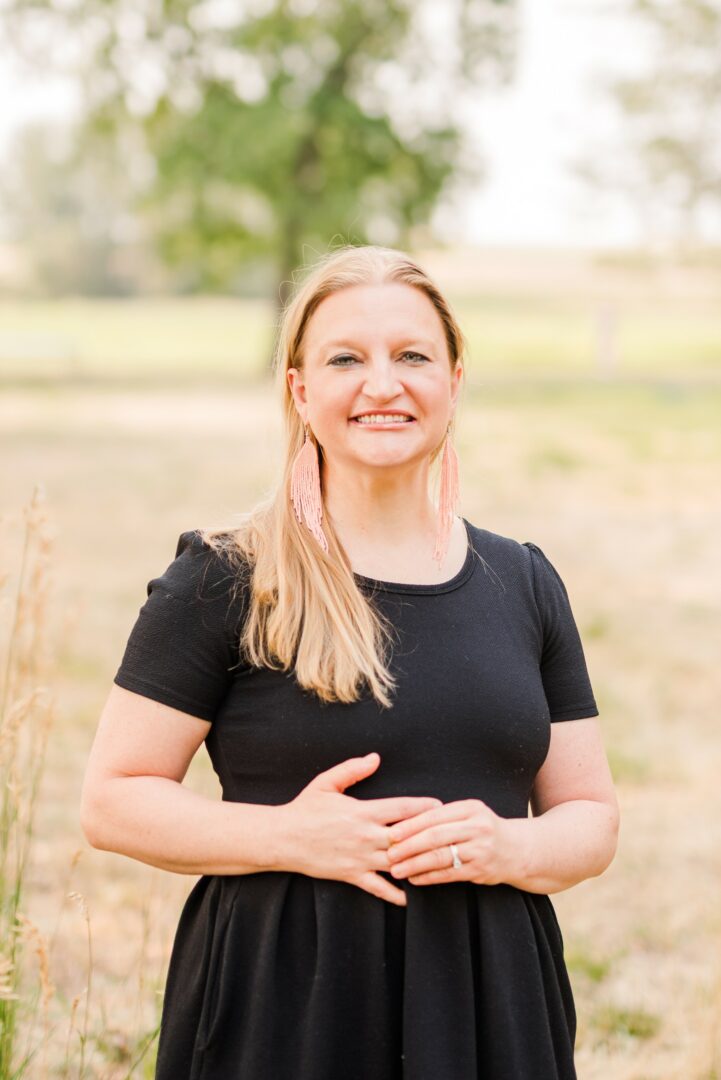

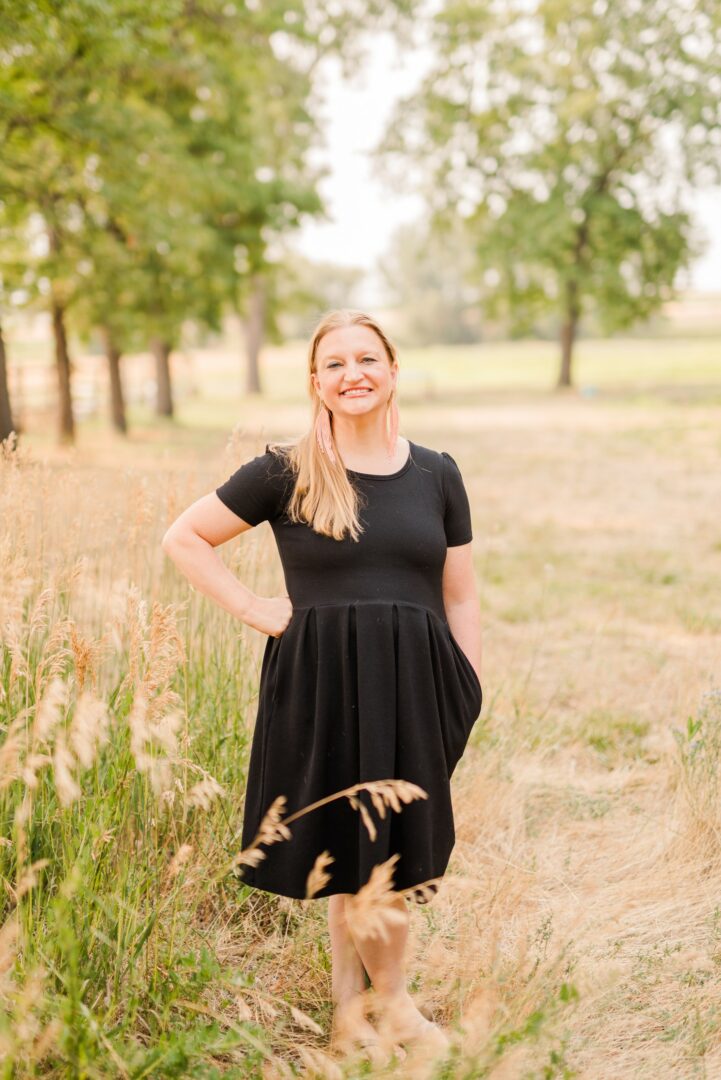
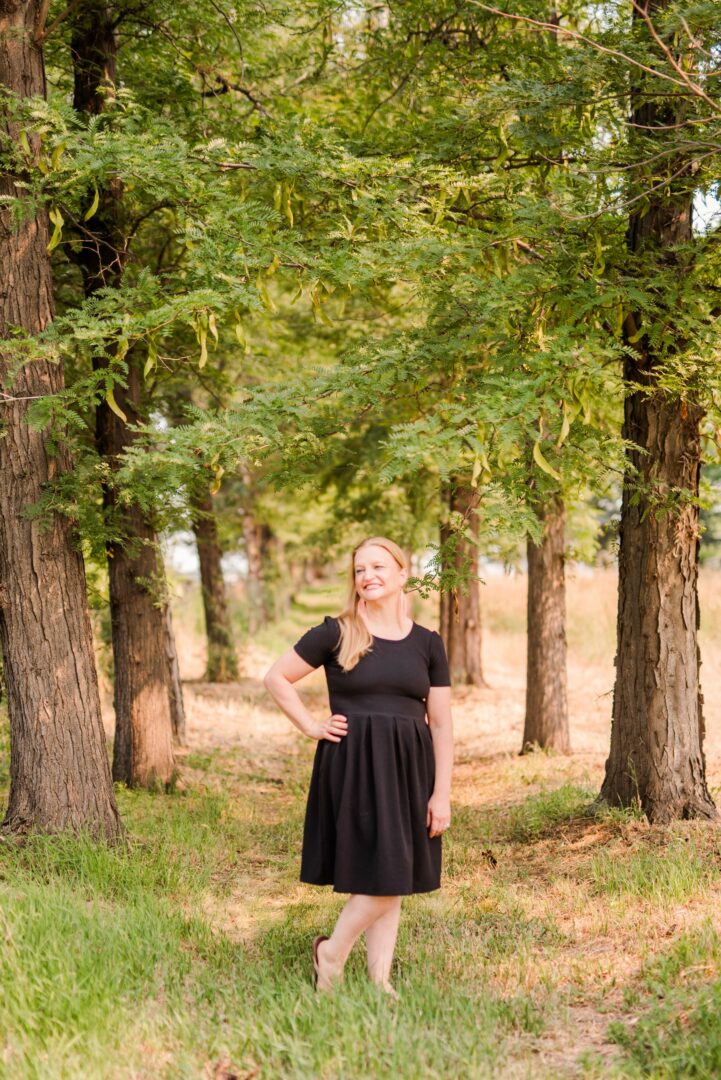
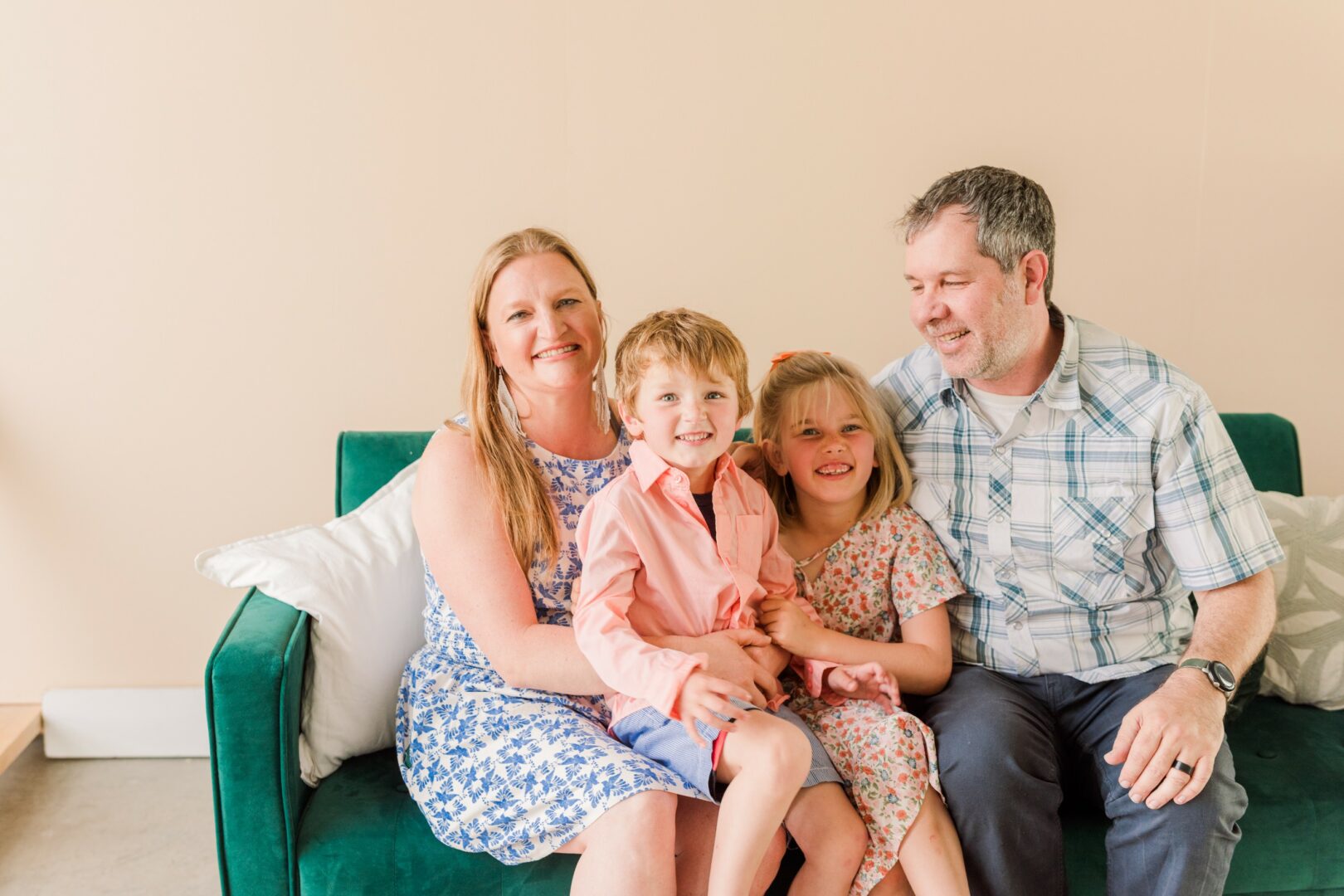
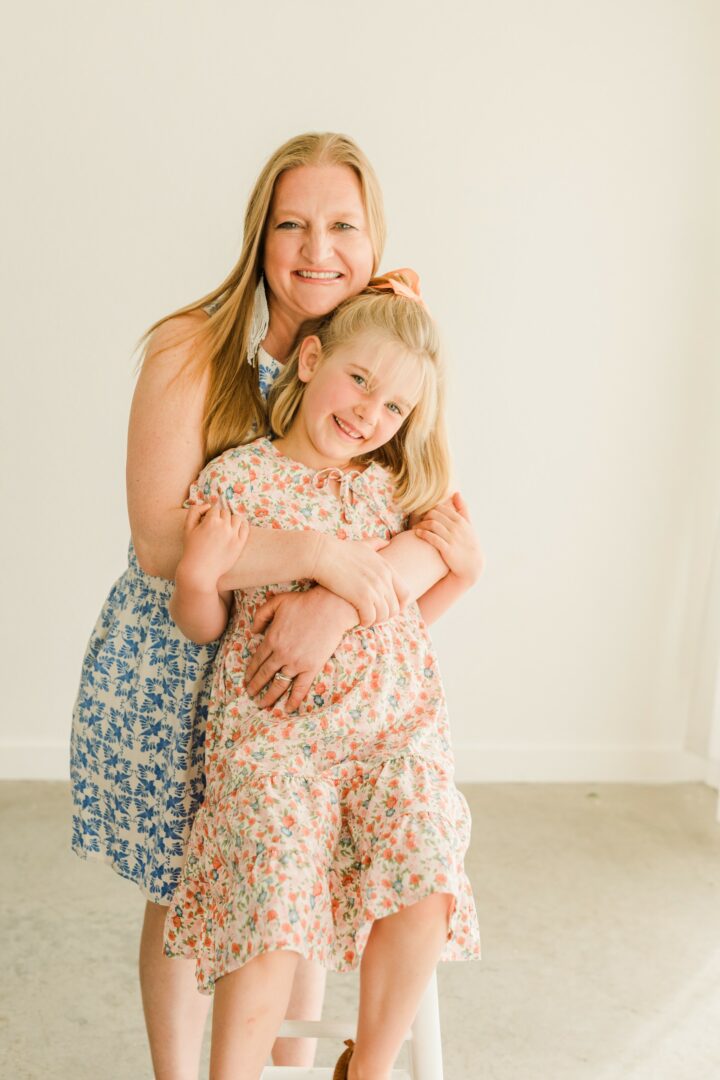

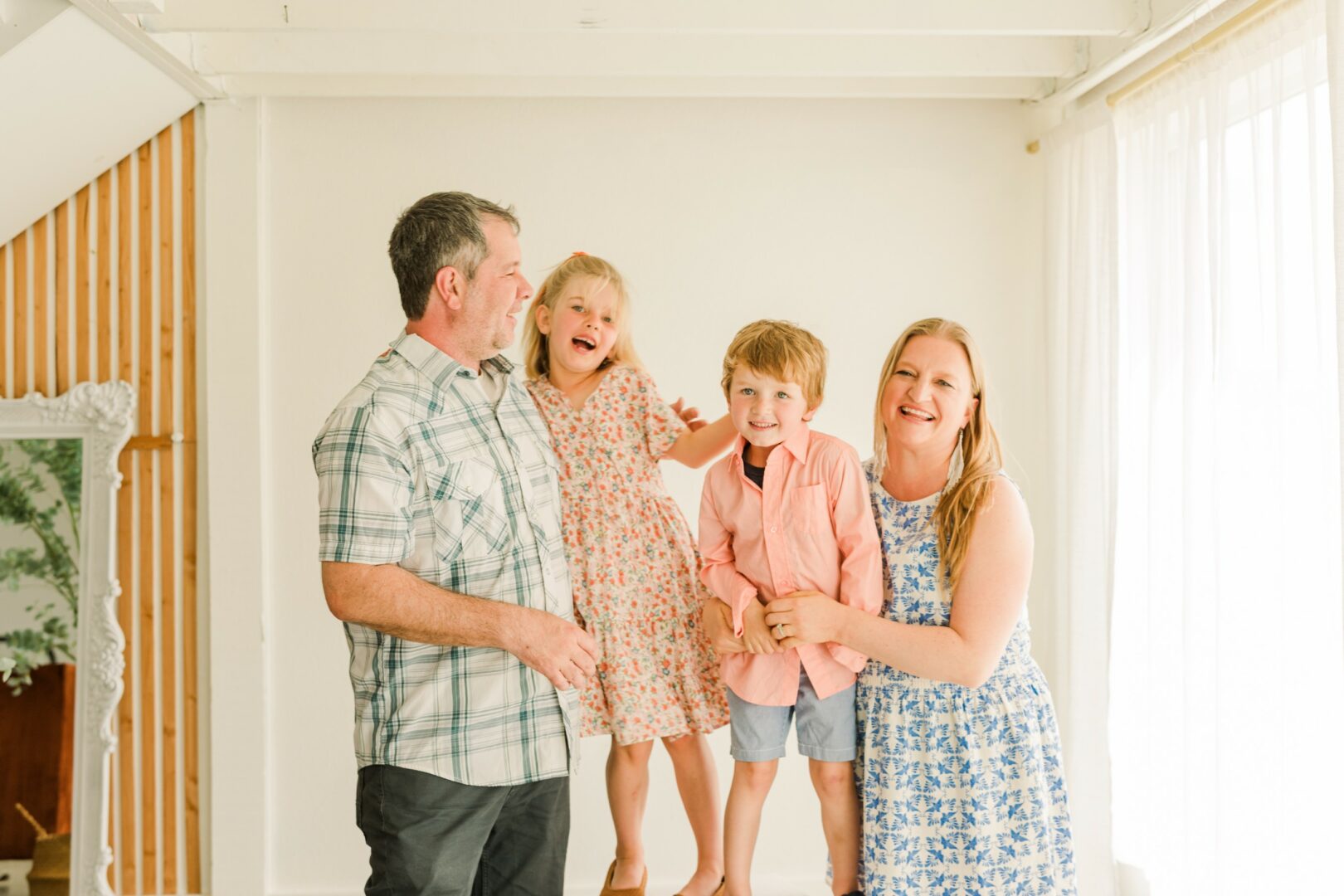

Image Credits
https://www.fasslerphoto.com/
so if you or someone you know deserves recognition please let us know here.

